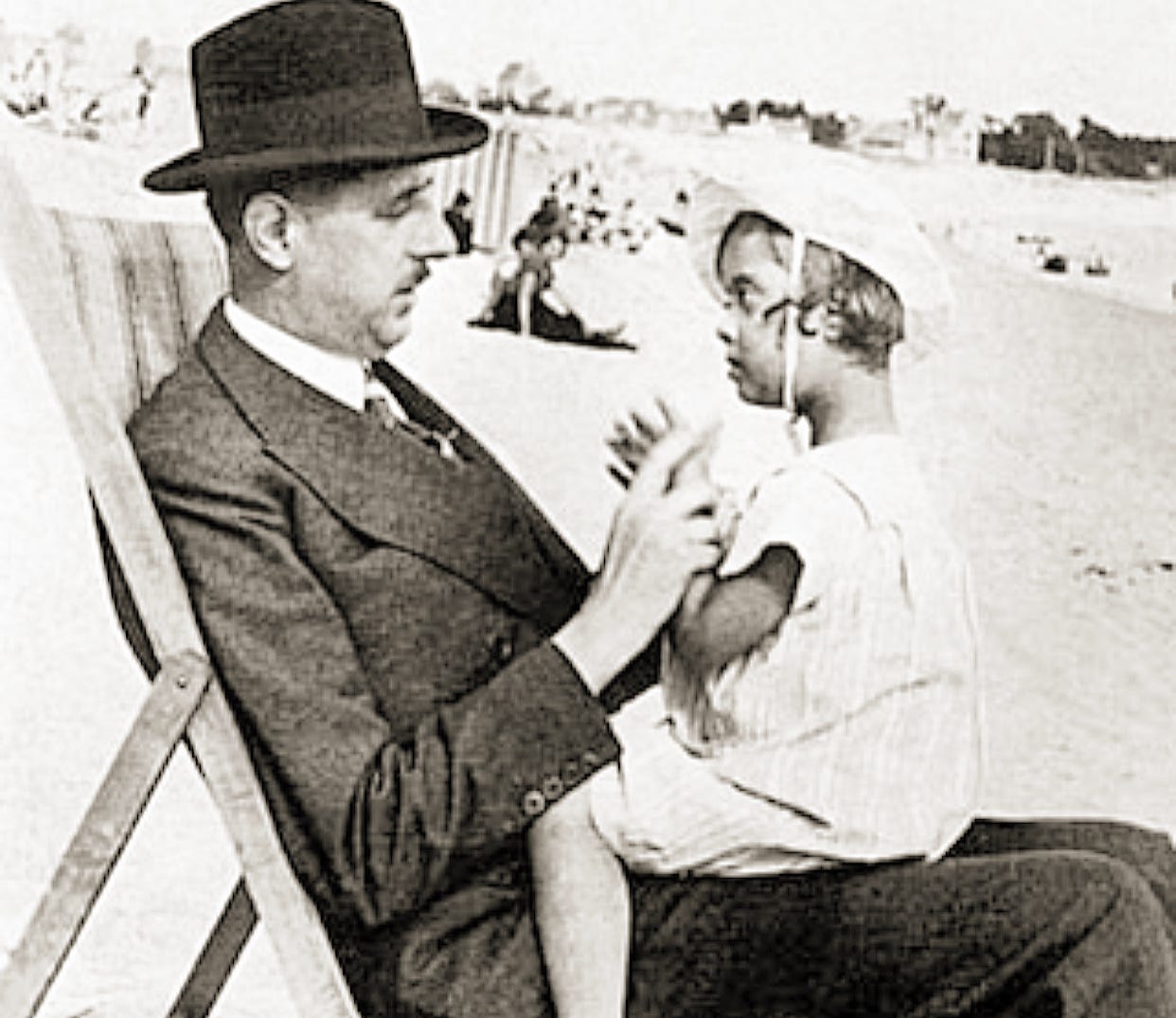In Defense of Fathers
Why Men Are Essential to Postliberal Order
I must apologize for being somewhat scarce from the illustrious pages of Postliberal Order as I’ve been immersed in the very roots of right order, namely the generation, protection and care of new human life: specifically two identically adorable female babies who bear God’s image. We’re not quite sleepless in Alexandria, but let’s say we’re experimenti…



